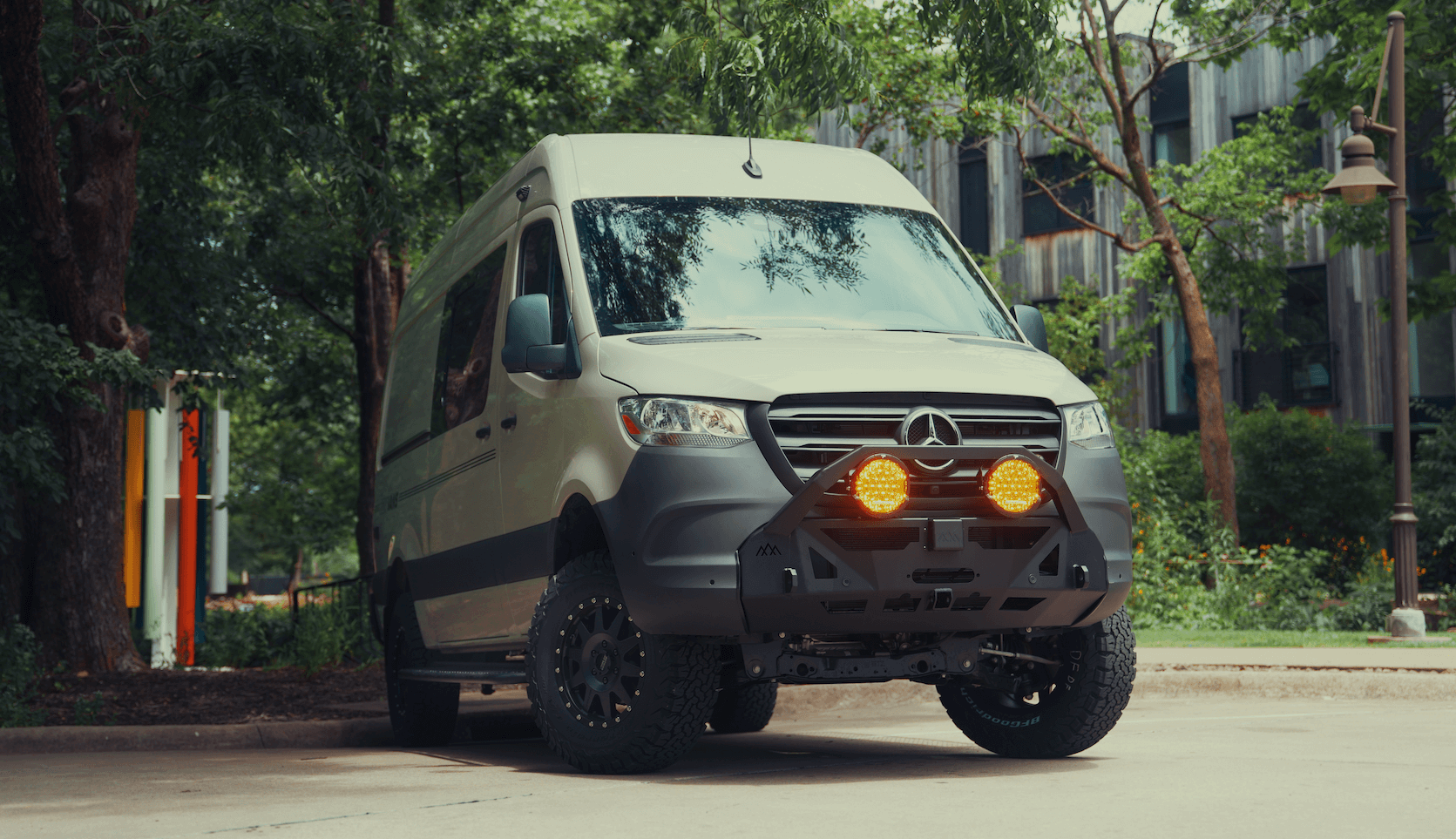Recreational Vans

Van caravans bring solo rigs into a shared rhythm. Instead of one driver juggling navigation, fuel, food, and camps, the group spreads those tasks and gains safety in numbers. The format ranges from two friends linking up for a weekend to larger convoys headed to mountain trails, desert gatherings, or coastal camps. In some regions the word caravan describes towable trailers, but here the focus is on self contained vans and adventure rigs traveling as a coordinated unit.
Caravan success starts with agreement on pace, route type, and daily mileage. Scenic backroads can be slower but memorable, while highways cover distance and simplify logistics. Establish a minimum fuel range so no one becomes the constant stop trigger. Decide how you will handle photos, detours, and surprises so the convoy does not splinter every time someone spots a viewpoint.
Good planning feels invisible on the road. Start with an A to B route and layer alternative roads, bailouts, and fuel waypoints. Note low clearance bridges, seasonal road closures, and weather patterns that affect elevation and traction. If traveling in wildfire season, track official incident maps and carry masks for smoky stretches. Urban legs demand height clearances and secure parking, while remote zones reward extra fuel and water.
Use shared tools like offline maps and a simple itinerary that lists mile markers, fuel ranges, and planned check in times. A daily brief clarifies driving windows, lunch stops, and camp targets. Staggered departures can reduce dust on dirt roads and keep the convoy from feeling like a parade. Agree on regroup rules at every major turn so no one misses a junction.
Assign a lead who navigates and sets pace, a tail who watches for issues, and a float who supports breakdowns. Before departure, review the route, comms channels, recovery plan, and quiet hours. A two minute radio check each morning avoids surprises.
Convoy driving is not bumper to bumper. Safe spacing allows other traffic to pass and gives drivers reaction time. On dirt, increase distance for visibility and dust control. Lights on during daylight improve recognition in traffic, and a simple number system helps call out hazards. When passing a slow vehicle, do it one at a time with clear radio calls.
Radio communication beats phone chats in motion. General Mobile Radio Service handhelds with a roof or hood mounted antenna provide range for spread out groups. Satellite messengers or satellite internet are valuable when cell service disappears, allowing location sharing and emergency contact. Use clear phrases and avoid chatter in technical terrain where instructions matter.
Keep three to five second gaps on pavement and larger gaps on gravel. Agree on a primary and backup channel. In deep canyons or dense forest, expect signal shadows and plan regroup points accordingly.
Equipment makes or breaks morale. Every rig should carry a first aid kit, tire repair, air compressor, traction boards, tow strap, and basic tools. Spares like fuses, belts, and coolant can save a day. Off grid comfort improves with efficient fridges, reliable house power, water filtration, and shade solutions. At camp, follow local fire rules, pack out waste, and leave sites cleaner than you found them.
If your caravan includes bikes, kayaks, or moto gear, secure mounting and balanced weight matter. Roof or rear racks should not block taillights, and loads must be strapped with redundancy. Interior storage should keep heavy items low and forward for safer handling.
Caravans thrive on good etiquette. Be patient with local traffic, keep noise down in camp, and choose pull outs or wide shoulders for photo stops. Rotate leaders so everyone enjoys a change of scenery and driving style. Share meals or tools when it helps the crew, and give each rig space for downtime. The best trips mix shared moments with personal exploration.
Planning a first caravan can feel complex, but repetition builds confidence. Start small, invite compatible travelers, and refine your checklist after each trip. Over time, your group will speak a common language of signals, spacing, and camp rhythm.
For travelers shaping a rig around caravan life, purpose built vans make everything easier. Power systems sized for fridges and comms, lighting for camp setup, recovery points, and secure gear mounts turn group travel from stressful to simple. See how different layouts support shared trips on our page for explore recreational vans. If you want a ground up approach tuned to your route style and gear, our custom van build process covers structure, power, water, sleep, and storage with long range travel in mind. Looking for a finance friendly platform to start your journey sooner? Browse financeable mainstream vans to match your timeline.
At OZK Customs in Fayetteville Arkansas, we design and upfit vans that handle the realities of caravan travel. From comms integration and recovery mounting to racks, lighting, suspension, and efficient interiors, we build for reliability and comfort on the road and off grid.
Share your route goals, crew size, and gear list. We will tailor a complete build or partial upfit that makes your next van caravan safer, quieter, and easier to manage. Submit the form and let us prepare your adventure ready van.
Ready to organize a van caravan without the hassles? Tell us how you travel and we will design or upfit a van that keeps your group coordinated, comfortable, and off grid capable. Submit the form and let OZK Customs map your build.
ADDRESS:
6159 E Huntsville Rd, Fayetteville, AR 72701
PHONE:
(479) 326-9200
EMAIL:
info@ozkvans.com